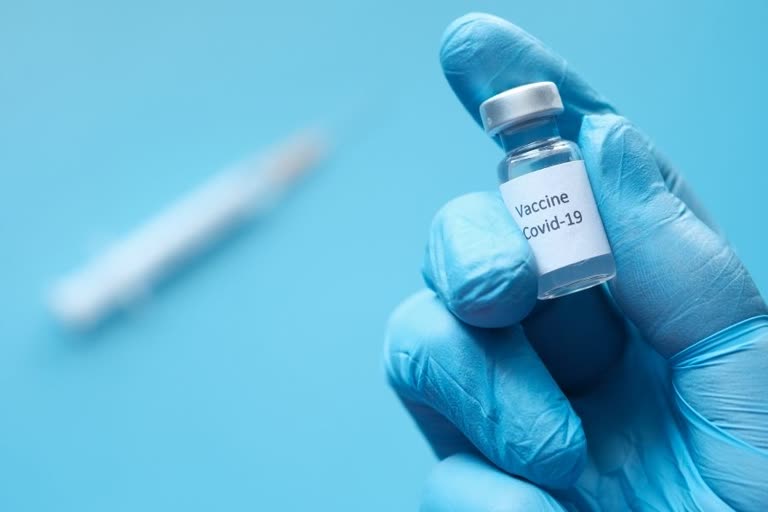A study led by AIG Hospitals along with the Asian Healthcare Foundation found that individuals who lose their vaccine-acquired immunity after 6 months were majorly above 40 years and with co-morbidities like hypertension and diabetes. These people tend to have significantly less antibody response after six months of getting fully vaccinated and thus, are at a higher risk of SARS-CoV-2 infection.
The findings stress the need for boosters in these vulnerable people after six months. "We are seeing a surge of infection across the country. Fortunately, the severity of the disease is mild because of multiple factors including the effect of vaccination, the intrinsic character of the variant itself, and natural immunity amongst the population," said Dr. D Nageshwar Reddy, Chairman, AIG Hospitals in a statement.
"The study aimed to understand the effectiveness of current vaccines over the long-term and see if there are specific population demography who need a booster at the earliest," he added. The study was conducted on a large pool of 1,636 healthcare workers who were fully vaccinated.
Researchers measured the IgG anti-S1 and IgG anti-S2 antibodies to SARS-CoV-2 in all the participants. It was estimated that an antibody level of 100 AU/ml is the minimum level for protection against the virus, which means any individual with less than 100 AU/ml antibody level is susceptible to getting infected.
Those who had antibody levels less than 15 AU/ml were considered antibody negative, which means they didn't develop any protective immunity against the virus. Out of the total, 6 percent did not develop any immune protection at all, Dr. Reddy said. The results clearly indicate that with age, immunity waning is directly proportional, which means that younger people have more sustained antibody levels than the elderly population.
Currently, there is a nine-month gap for booster doses that benefits 70 percent of the population who can retain enough antibody levels beyond six months. "However, considering the scale of our country, the 30 percent people especially those with comorbid conditions like hypertension, diabetes, etc., who are more prone to develop an infection after six months of getting fully vaccinated should also be considered for the prevention dose," Reddy added.
(IANS)
Also Read: COVID virus loses ability to infect within 5 minutes in air: Study



